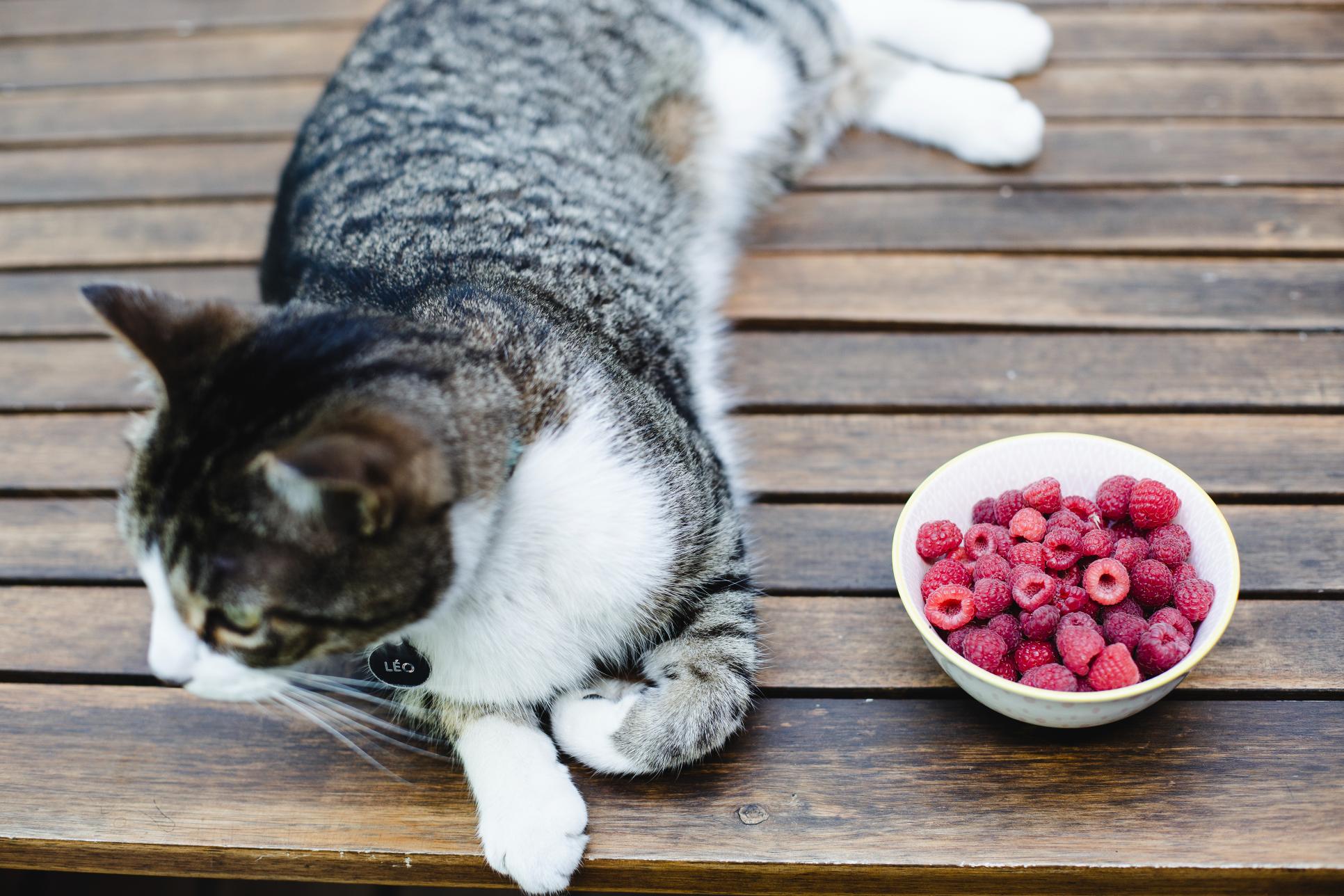The Connection Between Your Pet’s Diet and Behavior

When we think about our pet’s health, we often focus on regular wellness exams and vaccinations. Many pet owners don’t fully understand how much their furry friend’s diet affects their behavior.
At Harpeth Hills Animal Hospital, we understand the intricate link between what your pet eats and how they act. It’s not just about keeping them physically fit—it’s about fostering their overall well-being.
The Impact of Nutrition on Pet Behavior
A balanced diet affects everything from your pet’s energy levels to their mood. For instance, diets deficient in certain fatty acids can lead to issues with learning and behavior, while an excess of certain nutrients can contribute to hyperactivity. Here’s how a well-managed diet can influence your pet’s demeanor:
- Consistent Energy Levels: Foods with the right balance of proteins, fats, and carbohydrates can help maintain stable blood sugar levels, preventing energy spikes and crashes that could affect behavior.
- Improved Concentration: Essential nutrients contribute to brain health, allowing pets to focus during training and interaction.
Recognizing Behavioral Signs of Dietary Imbalances
Your pet can’t tell you when they’re feeling off, but they can show you. Keep an eye out for these signs that could indicate dietary issues:
- Sudden Aggression or Lethargy: A sudden behavior change could be a red flag that something is amiss with their nutrition.
- Excessive Grooming or Licking: This can sometimes signal a food allergy or intolerance.
- Changes in Appetite or Thirst: Deviations from normal eating and drinking habits can be the first sign of a dietary imbalance.
Tailoring Your Pet’s Diet to Their Unique Needs
Every pet is different, and so are their nutritional requirements. Age, breed, and health status all play a role in determining the ideal diet. Here at Harpeth Hills Animal Hospital, we consider all these factors when recommending pet dietary options.
- Puppy and Kitten Nutrition: Young animals need diets rich in protein and calories to support growth.
- Senior Pet Care: Older pets may benefit from diets lower in calories but rich in fiber and essential nutrients to manage chronic health issues.
- Diet and Disease Management: For pets with health conditions like diabetes or kidney disease, specific therapeutic diets can be crucial in managing symptoms.
Making Informed Choices About Pet Food
Selecting the right food for your pet can be daunting. There’s an abundance of options, and marketing can sometimes be misleading. Harpeth Hills Animal Hospital can help pet owners understand ingredient lists, nutrient profiles, and how to select a diet that supports their pet’s specific behavioral and health needs.
Incorporating Supplements and Treats
Supplements can sometimes enhance a pet’s diet, especially if they have specific health or behavioral concerns. However, it’s essential to choose wisely, as the wrong supplements can lead to an imbalance. Treats, too, should be given in moderation and selected for their nutritional value as well as their appeal to your pet.
If you’ve noticed changes in your pet’s behavior or are looking for dietary advice, don’t hesitate to reach out. A well-chosen diet can lead to a happier, healthier, and more well-adjusted pet. The team at Harpeth Hills Animal Hospital is here to ensure your pet is on the path to optimal health and happiness. Please contact us if you would like more information or to schedule an appointment for your best friend.

